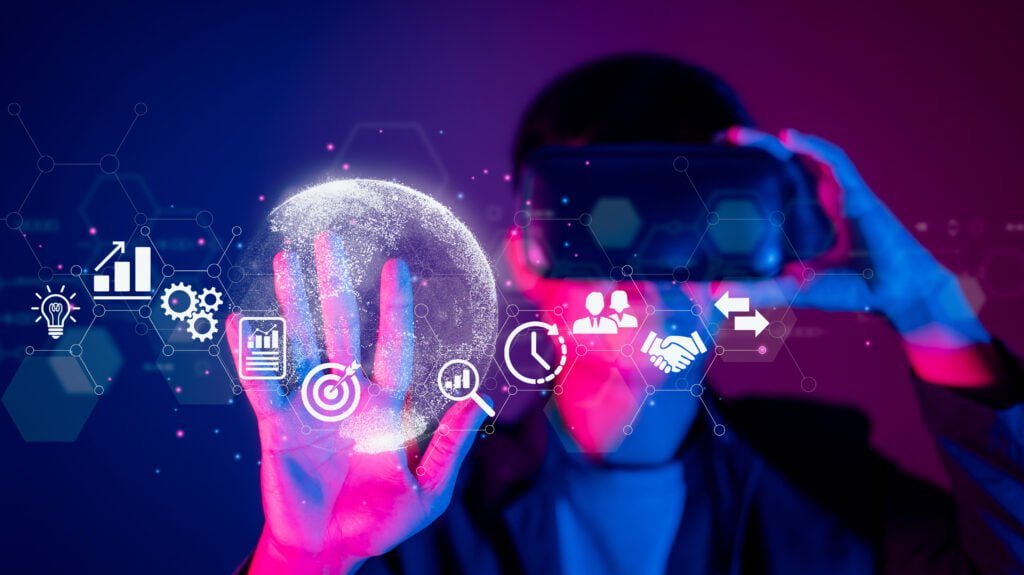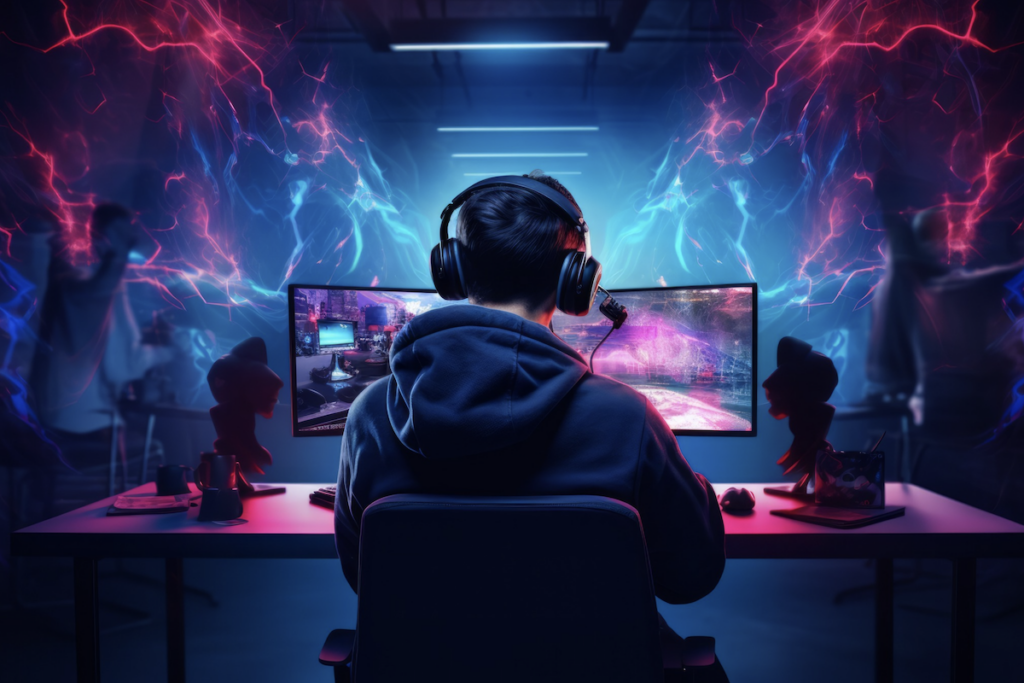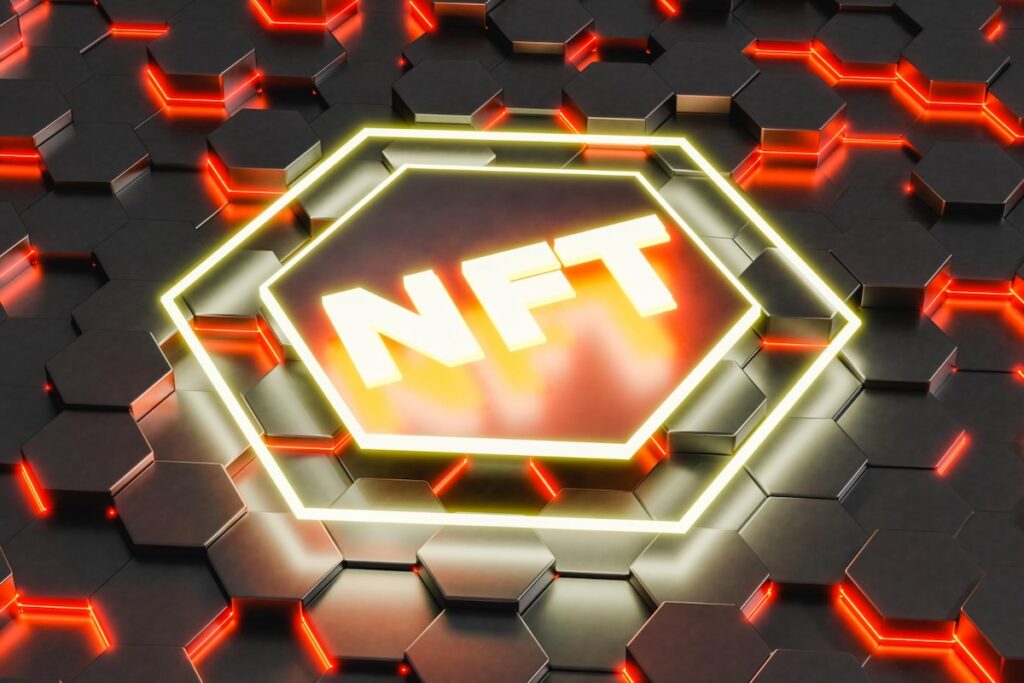The Metaverse. A world of possibilities. A world of exploration and excitement. Also, it’s a world with enormous economic opportunities. According to Bloomberg Intelligence, the Metaverse market could reach $800 billion in the next five years.
By the decade’s end, that number could potentially go up to $2.5 trillion globally.
Social networking, gaming, and other entertainment-related activities will undoubtedly make up this market. However, that’s barely scratching the surface of what this technology is capable of. In truth, the Metaverse has a lot of potential for different applications.
And that’s what we’re going to explore today.
Healthcare
Looking at the Metaverse Roadmap, you can find four specific technologies that make up the Metaverse: lifelogging, mirror world, virtual reality, and augmented reality.
The last one has already made waves in the healthcare industry. For example, a research team in Seoul developed a spinal surgery platform that helps them conduct procedures using an augmented reality headset.
The system projects a 3D image of the patient’s spine onto the surgeon’s field of view. That allows for more accurate procedures and could even help train new surgeons.
Real Estate
For real estate agents, AR and VR offer new possibilities for selling houses.
For example, a potential homebuyer could put on an AR headset and “walk” through the property without ever setting foot inside it.
That would be especially useful for people buying houses sight-unseen (like celebrities or the ultra-wealthy).
There’s also the emerging virtual real estate market. For example, there’s The Sandbox, a Blockchain-based game that allows users to purchase parcels of Metaverse land for prices starting at 1 ETH.
Sports stars, venture capitalists, and superstars like Snoop Dogg have all bought land in The Sandbox. So, it’s clear that there’s a market for virtual real estate.

Education
Around 9 out of 10 students around the globe have been disrupted by the pandemic. But both teachers and students are now adapting to a new, remote learning style.
And the Metaverse can play a role in that. For example, VR could be used to create simulations for field-based learning. That would allow students to experience different environments without leaving the classroom.
Manufacturing
At this very moment, you gave several companies training employees on how to use, maintain, and repair equipment using VR headsets.
For instance, training JetBlue technicians on real planes would not only be expensive and complicated but potentially dangerous. The company uses headsets in partnership with Strivr, a VR software-making enterprise.
The US military has even used this type of training. As a matter of fact, the Army Research Laboratory is looking into using VR to teach soldiers how to identify and disarm improvised explosive devices.
Closing Thoughts
These are only a few examples of the different types of applications for the Metaverse. The truth is that the possibilities are endless.
And with the technology becoming more and more accessible, it’s only a matter of time until we see even more innovative uses for it.
Author
-

Keen blogger with a zest for Web3, delving into the symbiotic narrative of NFTs and decentralized frameworks.




